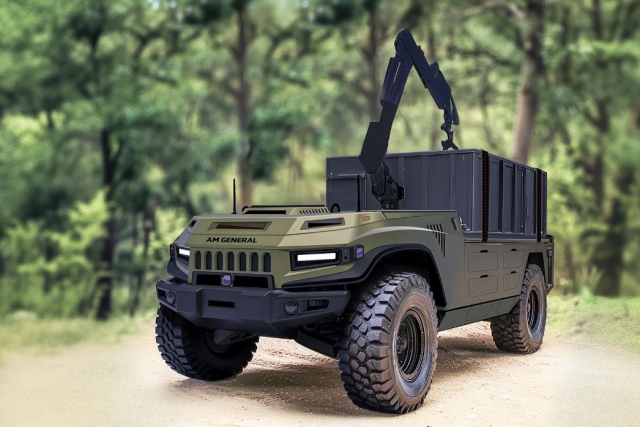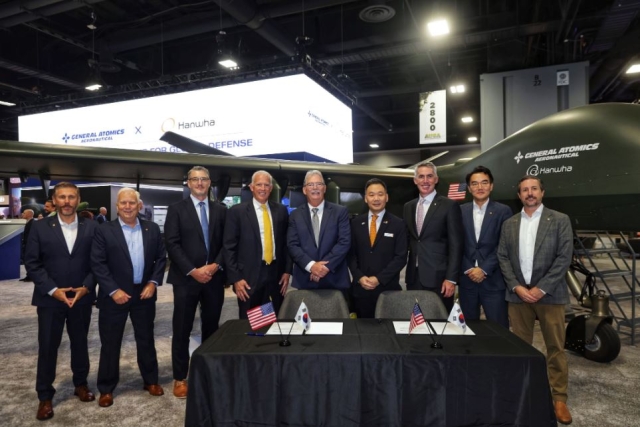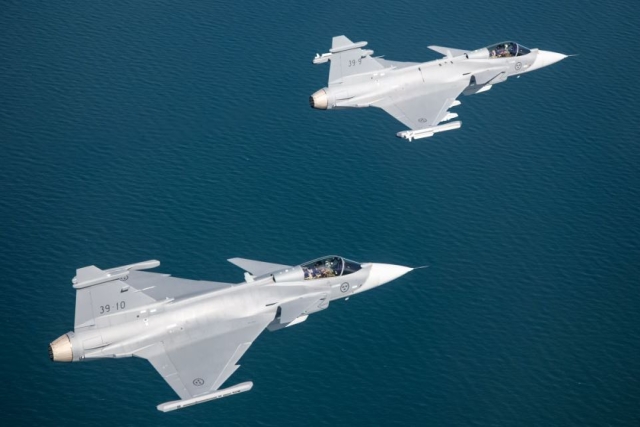Over 60 Countries Sign Arms Trade Treaty
The United States have held back from signing the arms trade treaty, with over 60 countries believed to have signed it.
“The United States welcomes the opening of the Arms Trade Treaty for signature, and we look forward to signing it as soon as the process of conforming the official translations is completed satisfactorily,” said US Secretary of State John Kerry in a statement.
The UN-brokered treaty is the first covering weaponry of any kind for more than a decade and aims to bring transparency and protection of human rights into the often dubious $85 billion annual global conventional arms trade.
The treaty covers tanks, armored combat vehicles, large-caliber artillery, combat aircraft, attack helicopters, warships, missiles and missile launchers, as well as the vast trade in small arms.
The start of signing was described as a milestone by ministers and other representatives of Argentina, Australia, Britain, Costa Rica, Finland, Japan and Kenya, which sponsored the first 2006 UN resolution calling for treaty talks.
“It is vital that the treaty comes into force as soon as possible and is effectively implemented,” the seven said in a statement before Argentina became the first of 61 countries to sign the treaty on the first day.
“It is only then that the international community will have an effective tool to address the unregulated and illicit conventional arms trade that causes unspeakable human suffering,” the statement by the seven added.
The UN General Assembly passed the treaty in April when 154 countries voted in favor, but Syria, North Korea and Iran voted against, and Russia, China, Egypt and India were among 23 countries to abstain.
Russia and China are not expected to join the treaty any time soon.
Among major arms exporters, Britain, France and Germany all signed the treaty on the first day.
German Foreign Minister Guido Westerwelle called the treaty a “historical breakthrough” but said more should be done to control the arms trade.
The United States, the world’s biggest exporter of arms and ammunition, backed the treaty but was not among the first signatories.
The US administration has faced pressure from the domestic arms lobby over the treaty, but Kerry said the accord “will not undermine the legitimate international trade in conventional weapons, interfere with national sovereignty, or infringe on the rights of American citizens, including our Second Amendment rights,” which allow Americans to bear firearms.
“The force behind so many states wanting to conclude an arms trade treaty after so long meant something. The world is now different,” British deputy foreign minister Alistair Burt told reporters.









